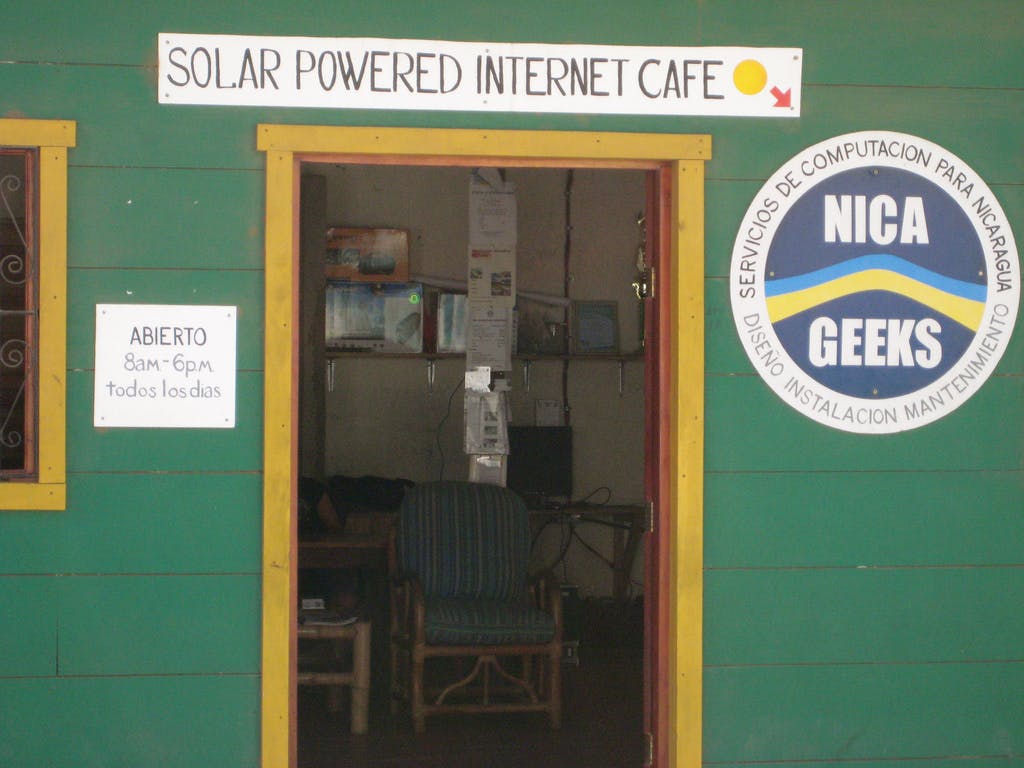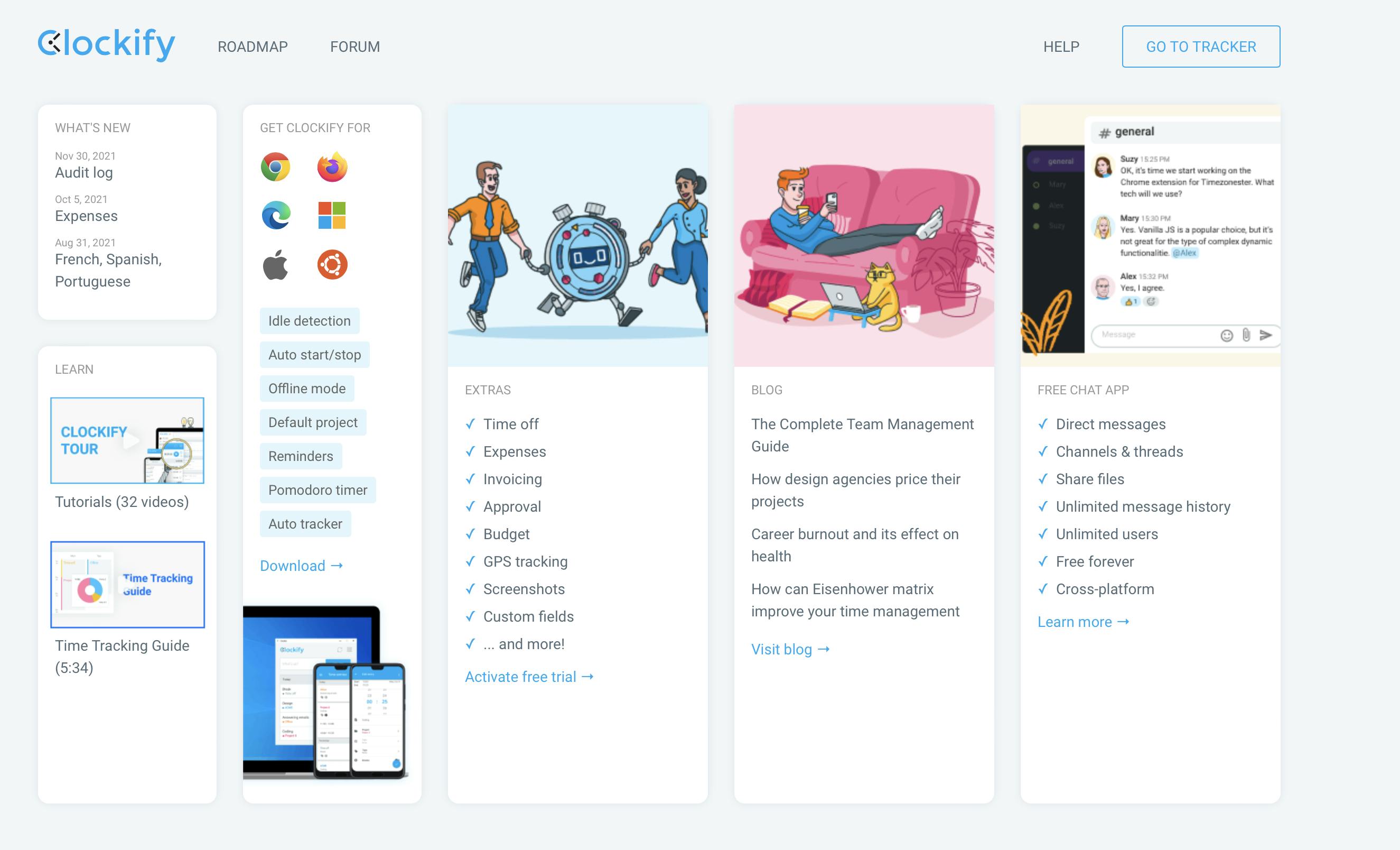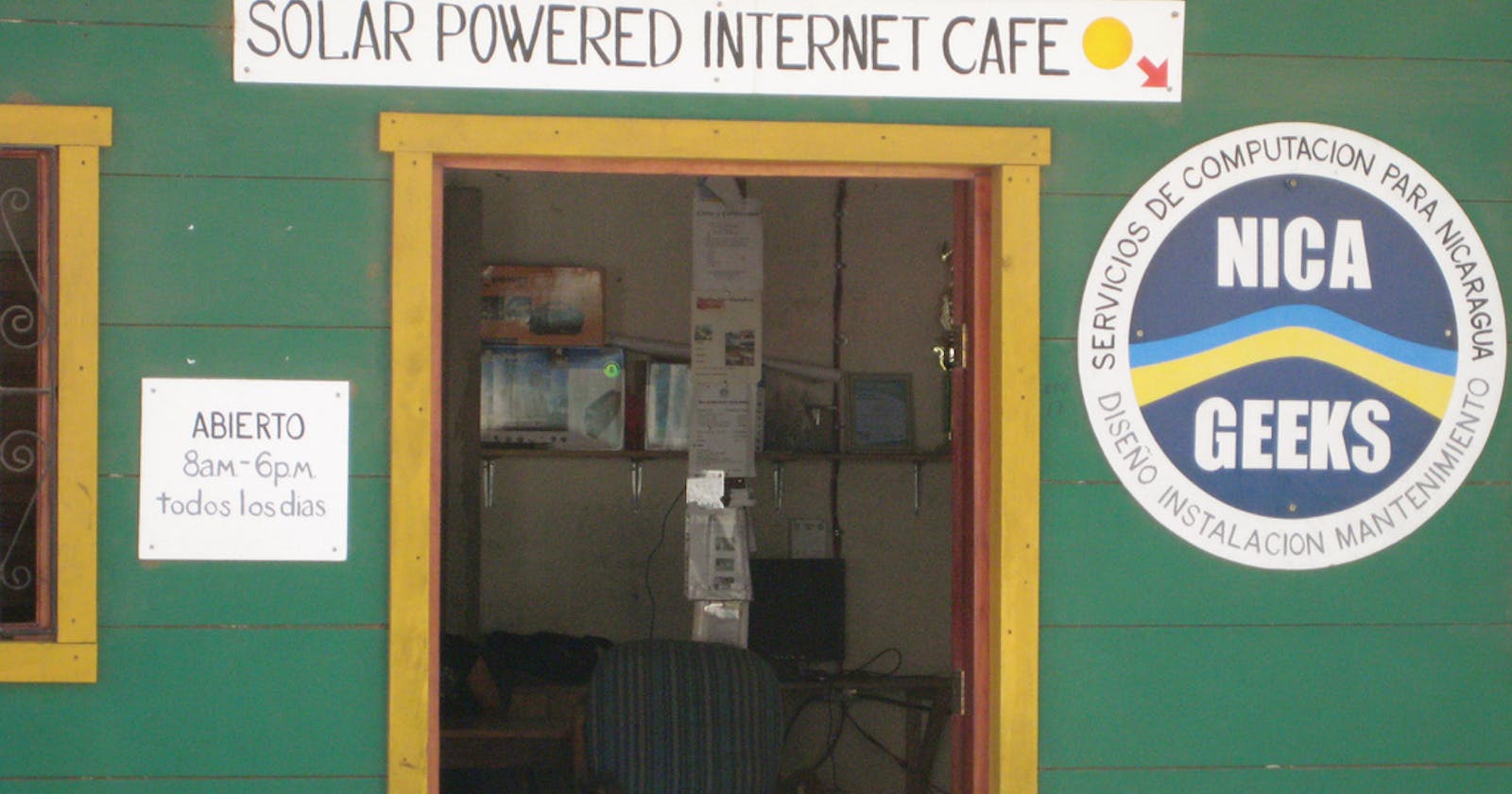Imagine we could throw the repetitive actions into certain automation and only focus on the things which need more thinking and planning, like coding.
Thinking, so implementing with our thinking, is developers' primary action to spend most of their working time on. When you got more "block time" approaching your problem, you had a bigger chance to solve the problem in a more efficient way. However, the reality is that quite a few things distract us from our mind flow or cost our time by tedious repetition.
"Time-efficient...memory-efficient...efficient, efficient, efficient...." Not surprised that we will hear many words with "efficient" in our lives as developers, no doubt. But hold on a second, let's see some ideas perhaps we could practice to be more efficient by ourselves before jumping in for a more efficient program.

Typing - Type in a Standard/Efficient Manner
It could be strange to mention "practicing typing" for developers. "Isn't the thing we did for the whole day?" Well, we did, but perhaps we could do it better, especially since we typed a lot.
A single line here is that the standard typing approach could shorten our finger movement, so save time or fingers also 😆

I learned how to type on a computer keyboard in a "game- and chat- driven" approach when internet cafe became popular in the early 2000s. I thought my way was good enough till I started to sit down and practice it... You could spend 10 or 15mins a day or workday for 1 or 2 months. And you will feel your fingers moving much better with your mind.
 (credit: en.wikipedia.org/wiki/Internet_café#/media/File:Nica_Geeks.jpg)
(credit: en.wikipedia.org/wiki/Internet_café#/media/File:Nica_Geeks.jpg)
There are many websites you could choose for a 10min routine practice. I used these and listed them here:
keybr.com - free
typing.academy - with paid Pro version
Vim - Code with Our Mind

An ideal target that shows up again is reducing the lag between our thinking/mind and output, so typing, coding, and speaking.
There are researchers working on reading people's thoughts. Sadly, before it came true and could convert our thoughts into Java, Python… we still needed to write code from our mind.
I don't want to say too much about Vim or praise it. Just don't be scared by the slow beginning of the learning curve.
Keep doing it, 15mins around daily, like typing for 1 or 2 months. You will be the one holding the magic!
Recommended these two books from Drew Neil:
Practical Vim: Edit Text at the Speed of Thought
Modern Vim: Craft Your Development Environment with Vim 8 and Neovim
Clockify - Record, so Budget, Our Time Blocks
Whenever we want to save some things, we need to record spending down, analyze it, and set a better budget with a goal, like money and time.

Here, a baseline is that our feeling about time is not tuned accurately with the clock. And even worst, we all had a bad memory compared with computers. So, we are always kind of a mess about how much time we spend on what…
Not good, ok! Time is limited like our wallet. Only if we build up a better way to understand how we spend, we can save time on the essential things.
Actually, relatively easy - just split our activities into general types, like coding, workout, having meals etc. And enter them in a 30min block. We will have a better visual view of our time spending
I used this:
clockify.me - Web and phone app, free


